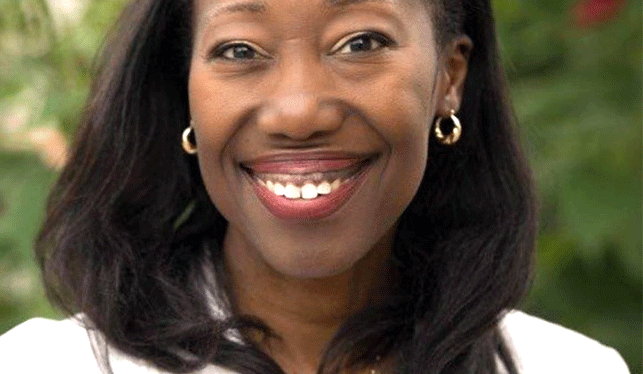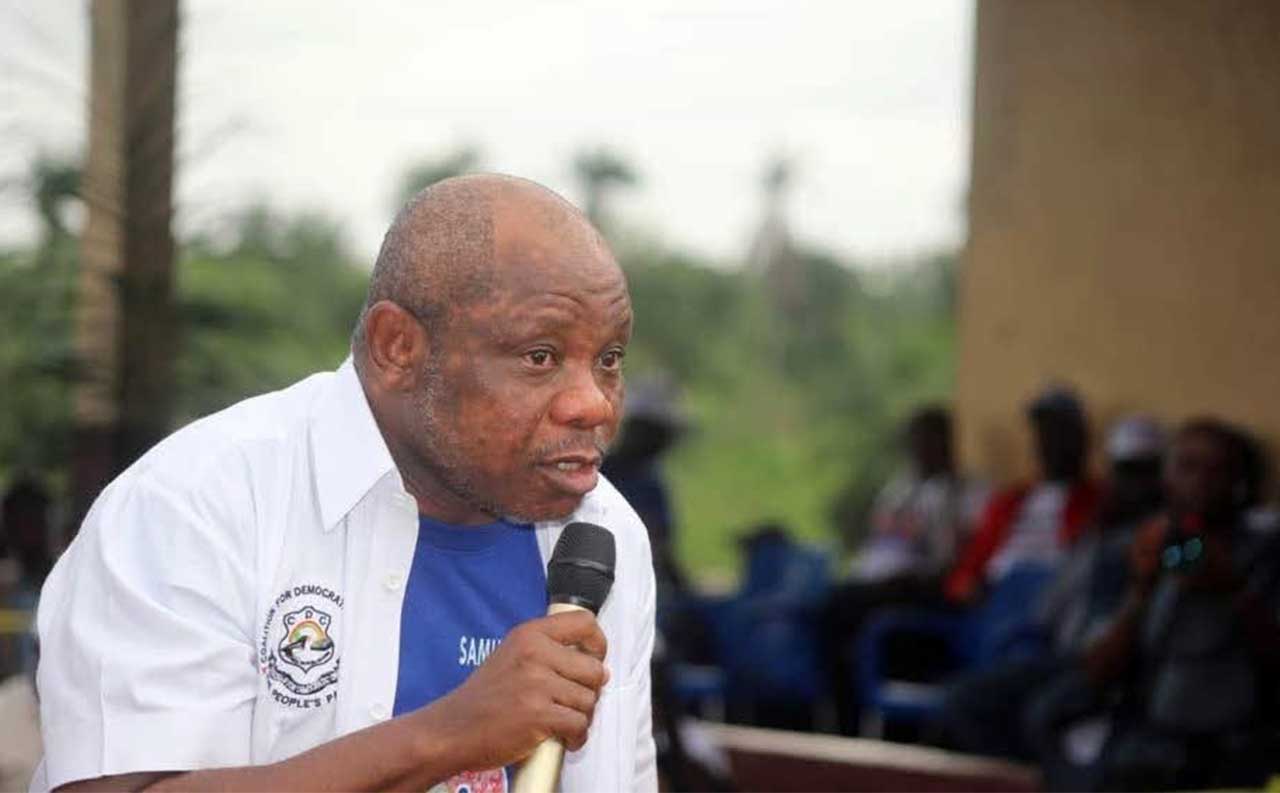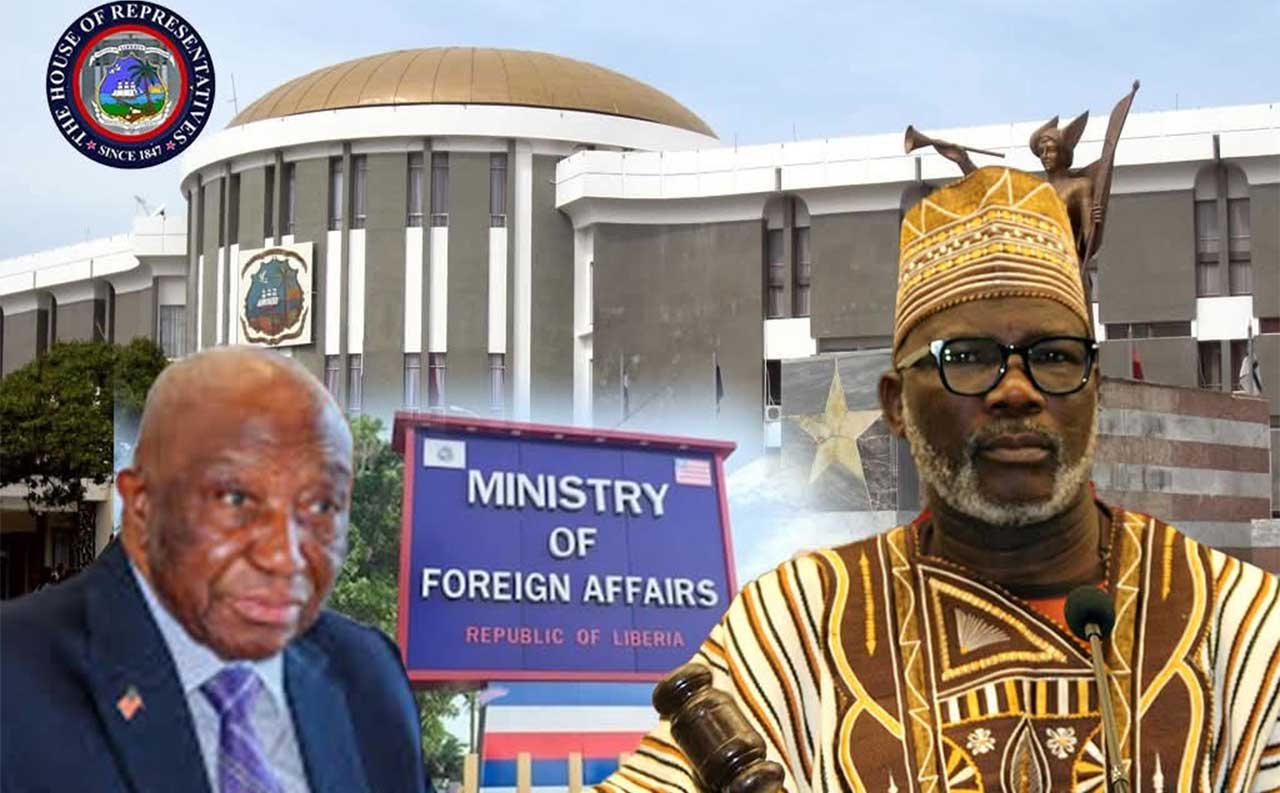The World Bank has released the fifth edition of its Liberia Economic Update (LEU), revealing a critical need for economic reforms in the country, shedding light on the nation’s current economic challenges, such as slow growth, ongoing inflation and widening fiscal deficits.
The launch was held on Thursday, September 12, 2024 in Monrovia, under the theme, “Powering Growth with Reliable, Affordable and Sustainable Energy Access,” emphasizing the need for Liberia to prioritize macroeconomic stability to foster sustainable growth.
Making remarks, World Bank Country Manager Georgia Wallen said that Liberia is laying the foundation for better oversight and greening of the energy sector, yet the challenges in the sector remain enormous, and time is of the essence.
According to her, Liberia has made important progress in the energy sector over the last two decades scaling up domestic generation capacity nearly six-fold, providing electricity access to about a third of Liberia’s population, and instituting significant reforms.
She said the World Bank Group is actively backing initiatives in Liberia’s energy sector with strong focus on increasing generation capacity and expanding access; these are essential for driving Liberia’s transition toward sustainable growth and development.
Wallen said last year, the Bank together with the African Development Bank, announced “Mission 300”, a joint ambition to connect 300 million people in Africa to electricity by 2030. The World Bank Country Manager said in June, the Bank approved an additional $45 million investment in the energy sector the second phase of the Liberia Electricity Sector Strengthening and Access Project (LESSAP 2).
Upon completion, the project will provide 494,000 more Liberians with new access to electricity and 14% of the current energy access gap; in total, it will reach a total of 790,000 people with either new or improved access to electricity.
According to her, Liberia has the ambition to reach middle-income status by 2030 with bold plans to deliver universal energy access as reflected in the National Electrification Strategy and the Rural Energy Strategy and Master Plan.
For her part, Deputy Minister of Finance for Budget and Development Planning Tanneh G. Brunson extended appreciation to the World Bank for the partnership, saying, the Government of Liberia values the support and collaboration, as they continue their journey toward economic recovery and sustainable growth.
She said energy access is at the heart of Liberia’s development and progress. “We recognize that energy is not merely a sector but a driver of growth, productivity, and development across all sectors of our economy from agriculture and manufacturing to education, healthcare, private enterprises, and public services,” she said.
“Despite these clear benefits, the government remains acutely aware of the challenges faced by the energy sector.”Our energy infrastructure struggles with issues of reliability, affordability, and coverage, particularly in rural areas. Expanding access to reliable energy remains one of our foremost priorities,” she noted.



